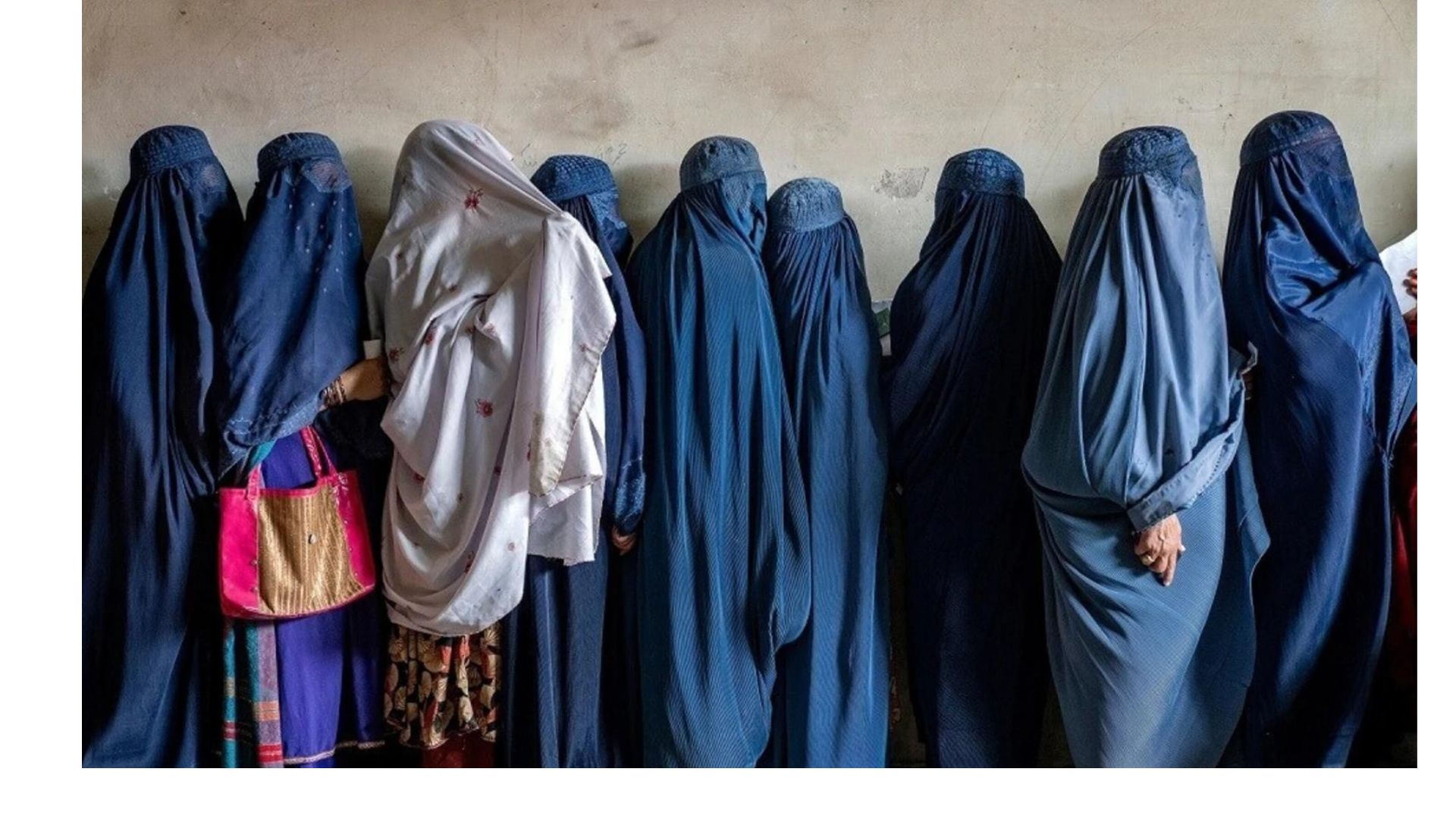The United Nations Assistance Mission in Afghanistan (UNAMA) has voiced significant concern over Afghanistan’s new morality law, enacted by the country’s de facto authorities. The law, which introduces sweeping restrictions on personal conduct, has been described by UNAMA as a “distressing vision for Afghanistan’s future.”
The Taliban authorities ratified the Law on the Promotion of Virtue and the Prevention of Vice this week. This legislation, consisting of 35 articles, imposes severe and arbitrary restrictions on the Afghan populace, with broad and stringent enforcement mechanisms.
In a statement released on Sunday, UNAMA highlighted its worries about the law. “UNAMA is alarmed by the introduction of this morality law, which enforces extensive restrictions on personal behavior and grants morality police sweeping powers,” said Roza Otunbayeva, the Special Representative of the Secretary-General and head of UNAMA. She noted that the law allows moral inspectors discretionary power to threaten and detain individuals based on broad and sometimes vague criteria.
Otunbayeva criticized the law for its harsh impact on Afghan women and girls. “The law extends the already severe restrictions on the rights of Afghan women and girls, including prohibitions that make even the sound of a female voice outside the home a potential violation,” she said. “After decades of conflict and amid a severe humanitarian crisis, the Afghan people deserve better than to face threats or imprisonment for minor infractions.”
The Ministry for the “Propagation of Virtue and the Prevention of Vice,” established by the Taliban in 2021, released the legislation on Wednesday. Ministry spokesman Maulvi Abdul Ghafar Farooq stated, “Inshallah, this Islamic law will significantly aid in the promotion of virtue and the elimination of vice.” The law received endorsement from Taliban supreme leader Hibatullah Akhundzada the day before.
Article 13 of the new law imposes stringent guidelines on women’s public conduct. Women are now required to cover their entire bodies, including their faces, in public, rendering the commonly worn hijab insufficient. Women are also prohibited from singing, reciting, or reading aloud in public, as these activities are considered “intimate.” The scope of this prohibition on speaking remains unclear.
The law also bans women from looking at men who are not relatives, and vice versa. Violations of these rules could result in warnings, property confiscation, or detention for up to three days. The ministry has already been enforcing similar standards and reports having detained thousands for breaches.







